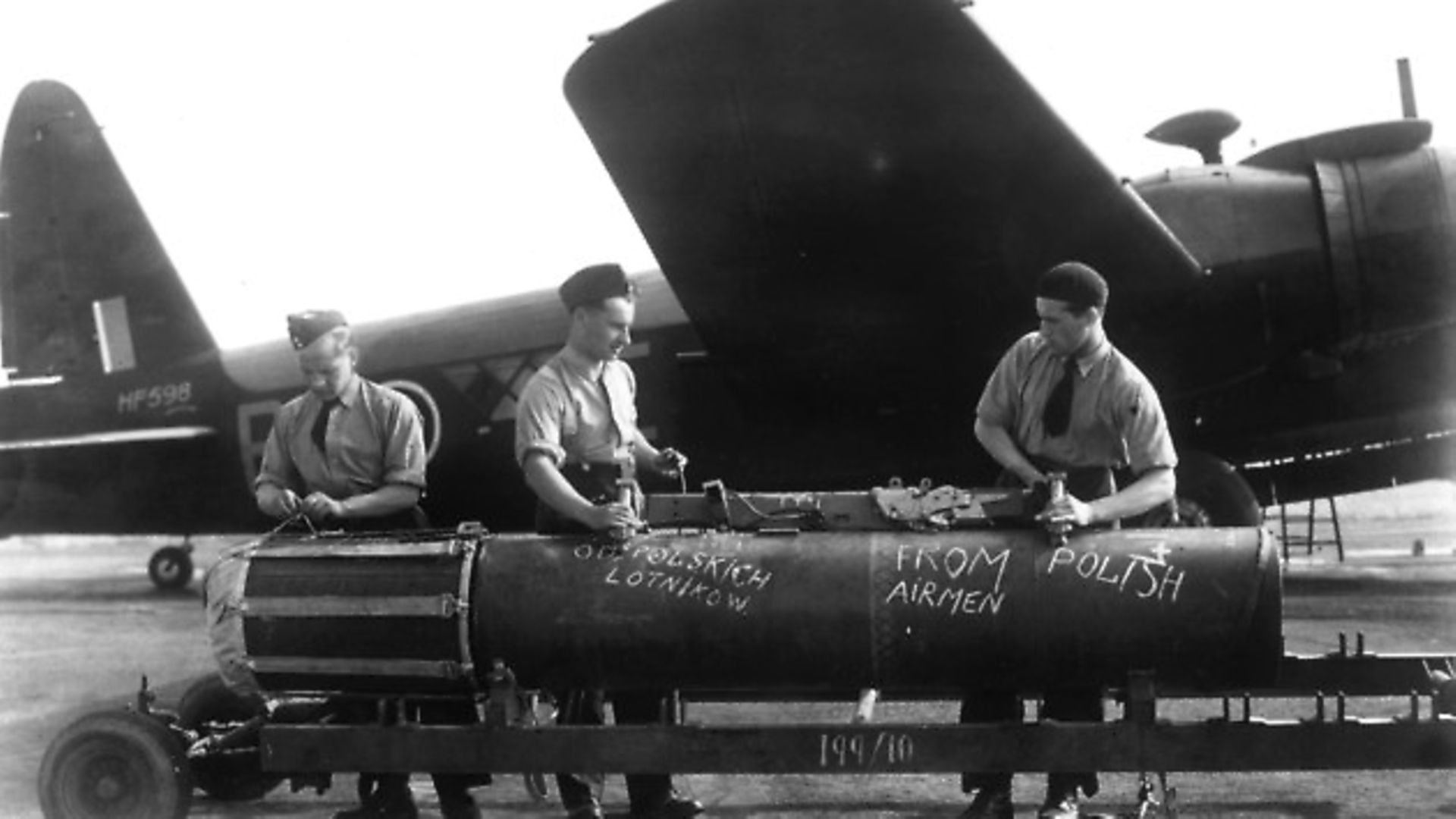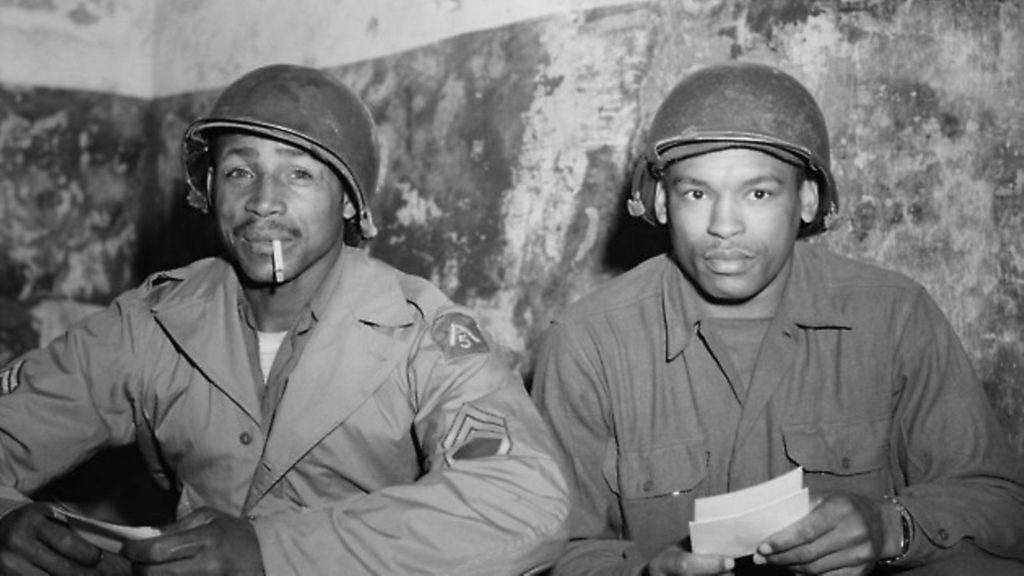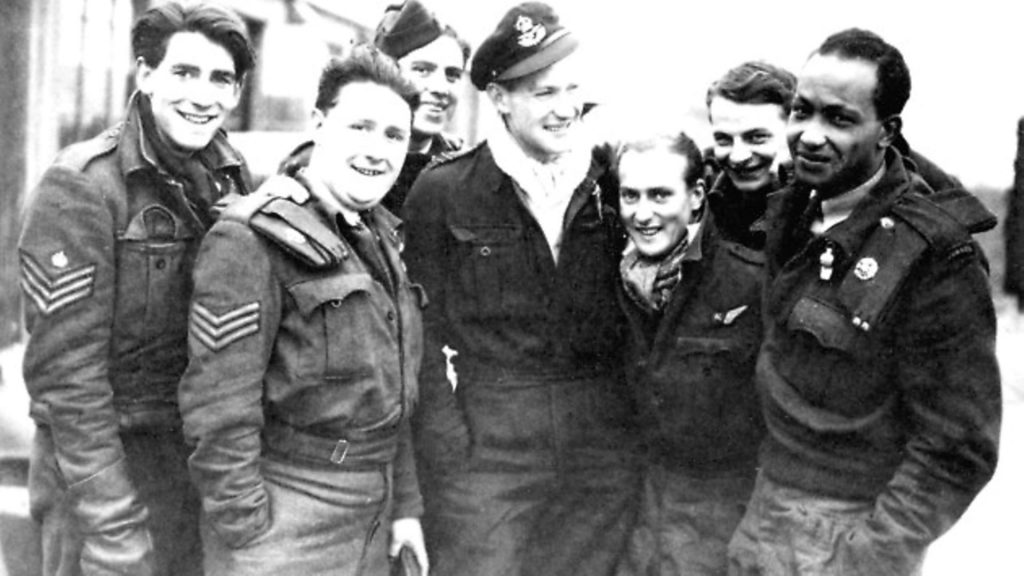
Never mind the politics of migration, Bonnie Greer gives a deeply personal reflection of the hope and promise it represents

One of the qualities of being an immigrant is that you have a tendency to dream.
You dream all the time of that place where everything can be realized, and you are sure exists. If you can only get there.
You read about it, study for it, plan, save. And if you have to, you look for a way to escape to it. No matter the cost.

This Country Of Dreams is constructed brick –by-brick; tree-by-tree; person- by-person all from an accumulation of stories; myths, lies and small sprinklings of truth.
But nothing can actually deter you because your determination is built on hope and an idea of regeneration. And if this isn’t enough: you dare to believe that (hopefully) you can make a contribution too. That you can be a value-add.
That you can give.
No kid growing up in the States in the 1960s – like I was – could escape a place of dreams called ‘England’.
https://twitter.com/mk1969/status/779238290486595584
I put the name in quotes because of course, what we saw on screen and TV, heard in the music, was not the real ‘England’ – the name everyone gave to mean Great Britain.
This was a Dream and I fell in love with this ‘England’ and its Technicolor audacity; its crazy hair and clothes, the way it spoke.
And even though I am Anglophone, too, born and raised in the States, there was something I wanted – needed – that was Over There.
Of course I knew that my mother tongue’s origin was in England, but it didn’t matter.
I was inventing ‘England’ and in doing so I was investing it and myself with a kind of possibility that only an immigrant can have, only an immigrant can provide.
Because we have no fear and we thrive in that.
And in our audacity, too.
One of the films I loved back in those brightly-coloured Sixties’ days was ‘The Battle of Britain’. A gung-ho, pretty jingoistic, recreation of the Battle Of Britain and the exploits of the ‘The Few’.
My late father had been in the south of England preparing for D-Day, which happened the day before his 20th birthday. I think that the stories he told us of England when we were children were the tales of a young African American lad far away from the country that oppressed him.
How true they all were, I can’t say. He raved about all the people he saw: Jamaican airmen , proud and upright while he toiled as a service worker in the segregated Army of the United States.
And also he talked about the Poles.
Chicago, where I was born, was – and is – a big Polish town. Some say that it has the highest number of Polish-speakers outside of Warsaw. So Dad was familiar with the language and the names. He was surprised and impressed by them, and would say to us that they had a fierce determination.
African American troops and white troops (above all, Americans) weren’t allowed to drink in the same places during the war by order of the United States.
But Brits and everyone else often defied this ban, and so Dad met a few Poles.
Ironically, this would have never have happened in Chicago, where the African American and the Polish community were in battle over housing and jobs.
That’s why meeting Poles in England was so significant to him.
But he had no idea of the crucial role that they played in the Battle Of Britain, the fight to save the UK’s very existence at the beginning of the Second World War.
The Imperial War Museum has a tribute to the Poles who fought. They had arrived in England after the Fall Of France, trailing two bad reputations, both false: Hermann Goering said that they were cowards because they hadn’t been able to defeat a double assault, and simultaneous, from the both Hitler and Stalin’s air forces.
And the French – who the Polish airmen had escaped to – seldom let them fly. They came over to the UK fired up with the need to prove themselves; to destroy a reputation that was false and dangerous to them. And for vengeance.
Commander-in-Chief of Fighter Command, Air Chief Marshal Sir Hugh Dowding, who had been reluctant to give Polish pilots a chance, even though they were skilled in battle, ended up saying afterwards: ‘Had it not been for the magnificent work of the Polish squadrons and their unsurpassed gallantry, I hesitate to say that the outcome of battle would have been the same.’
The Polish airmen had to have their first orders in French, and they set to a study of English with passion. They had to learn to fly new aircraft as well, very different machines from what they were used to. This all had to happen quickly.
From the summer of 1940 to the autumn, the Battle of Britain – an international effort – was engaged. The Poles had one of the highest ‘kill’ rates. Overall, they achieved what is considered a remarkable a score of 203.5 aircraft destroyed, 35 probably destroyed and 36 damaged.
Twenty nine Polish pilots, including the legendary Ludwik Paszkiewicz and Josef Frantisek, were killed in combat. With a personal score of 17 enemy planes, Frantisek – a Czech who considered himself Polish – was among the top scorers of the Battle of Britain. Four of the Polish officers won Distinguished Flying Crosses after the battle, including Flying Officer Witold Urbanowicz, the Polish commander of No. 303 Squadron: a Top Gun and a legend.
Needless to say, these guys became superstars.
Restaurants gave them free meals; their drinks were bought in pubs; bus conductors allowed them to ride for free. They were called ‘The Real Glamour Boys Of England’. Polish hero worship continued right through the war. A total of 1,903 of them were killed; a memorial near RAF Northolt honours them. And there are many more, including at Westminster Abbey.
Some returned, after the war, to a Poland under Soviet rule. Top Gun and Wing Commander Stanislaw Skalski spent eight years in prison, released in 1953 following the death of Stalin.
There are others: Flying Officer Antoni ‘Tony’ Glowacki, who shot down five enemy planes in one day on 24 August 1940 while in service with No. 501 Fighter Squadron RAF; Flying Officer Antoni Ostowicz and Flight Lieutenant Wilhelm Pankratz of No. 145 Squadron RAF. Heroes on the first day.
They, along with flyers from the continent of Africa, the Caribbean, the US, and elsewhere, who made up what Churchill called ‘The Few’.
They helped save this island nation.
They were up in those planes in that glorious 1969 movie.
But not their names.
Not their story.
Nice story, but so what?
War is an assemblage of nations, of strange alliances; of collisions.
The Polish airmen who flew in The Battle Of Britain also had something to prove: that their overrun nation – the reason Britain entered into conflict with Germany – still existed.
And WAS living in Britain – in England.
Time moves on, and we forget.
Forgetting in itself allows healing and renewal of vigour and hope. In forgetting we can weave our own destinies: solo; unconquerable. Each generation has to make its own things, build its legend; breathe and live in its own time and place.
‘Be not afeard; the isle is full of noises,’ as Prospero assures us in Shakespeare’s ‘The Tempest’. This ‘noise’ also has a peculiarly Polish ring.
Maybe we should see ourselves as existing within their nation’s sacrifice.
It’s not important to point out that we humans are a migratory species; that famine and war and the need for land have always driven us afar, and still does. Nothing can really stop that; various measures can slow it down, temporarily retard it.
But it is important to say this: that we humans move. We move on.
Immigrants are the human species on the move; expanding itself; growing; seeking, becoming-anew.
Our fear of them is human, too, and the price that we pay sometimes for this fear is an expansion of ignorance and intolerance, and an insularity that is the opposite of human progress.
Maybe, too, it takes an immigrant to see the Dream of a country; to see its innate richness; its ability to go forward and to hope.
Maybe it takes an immigrant to fly high into the clouds; teach us to confront Forces Unknown.
An immigrant knows Two Loves: love of the Old Country, and love of the New. Because Britain is the New Country for many of us, and our love and enthusiasm for it never tires.
We are dreamers in your midst and our dreams have no horizons, no parameters. We live the Dream, and we offer it to you. There is no going back home for us. Not really.
Like those Polish airmen we have lived in Great Britain as fact and as metaphor: it is The Good Thing just around the bend.
Immigrants always see that. Believe that.
That’s who we are.
Bonnie Greer is a writer, playwright and critic
What does Europe mean to you? Tweet us @TheNewEuropean with the hashtag #myeurope










